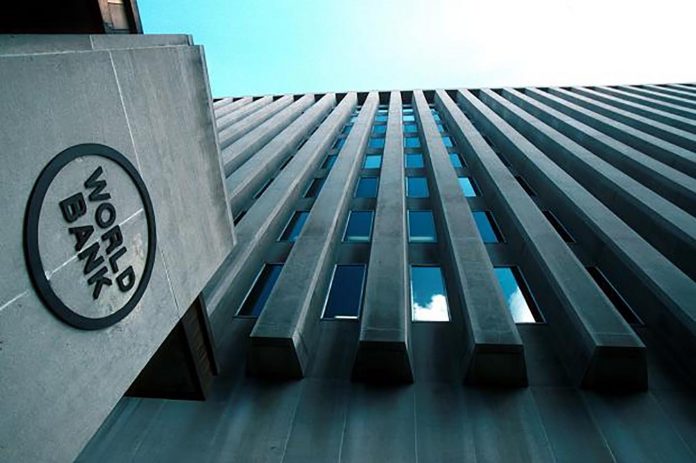The World Bank has raised concerns regarding Pakistan’s strategy for privatizing its state-owned entities (SOEs). It has expressed reservations about the declining profitability of SOEs over the past decade, which has resulted in financial losses and placed Pakistan’s federal SOEs among the least profitable in the South Asian region.
As per a report by a local media outlet, the global financial institution has recommended that the government consider public offerings through stock exchanges, followed by privatization overseen by a special joint committee of the parliament. This approach is expected to enhance transparency and minimize the risk of legal challenges arising from government-to-government contracts with foreign states.
In its Public Expenditure Review for 2023, the World Bank specifically focused on the Inter-Governmental Commercial Transactions Act of 2022, which allows the government to offer shares of SOEs to foreign governments. The bank has cautioned against this approach, citing potential legal disputes, concerns about transparency, and the possibility of further delays in the privatization process.
The World Bank attributes unsuccessful privatization efforts to factors such as economic volatility, judicial activism, litigation, weak political commitment, and concerns about corruption. Some political parties oppose privatization regardless of SOEs’ performance, favoring alternative schemes. Additionally, the bank points out that certain judicial decisions have negatively affected Pakistan’s international image as a trustworthy business partner, potentially deterring foreign investment.
The bank also notes that Pakistan’s failures in international arbitrations have discouraged government decision-makers from pursuing further privatization or seeking foreign direct investment, particularly without a thorough assessment of the associated risks.
The World Bank has highlighted challenges in privatizing the power sector, including resistance from trade unions and vested interests, fears of a private sector monopoly, past difficulties with privatizing distribution companies, circular debt issues, and management problems.
Furthermore, the World Bank has pointed out that K-Electric’s performance remained unsatisfactory even after privatization. Despite tariff hikes, issues such as weak financial management, governance problems, operational inefficiencies, commercial inefficiencies, and unscheduled power outages persisted. These ongoing concerns have raised significant doubts about the benefits of privatizing other distribution companies (Discos).
The World Bank has recommended that Pakistan consider a public offering of shares of state-owned enterprises (SOEs) as a step toward gradual divestment and potential privatization, a model that has proven successful in the banking and telecommunications sectors.
Additionally, the government has been urged to restructure distribution companies (Discos), particularly those operating at a loss. This restructuring should focus on improving financial health and rationalizing human resources. While involving the private sector through a management concessionaire model, care must be taken to prevent asset concentration and the creation of private sector monopolies.
The World Bank has advised a phased approach to divest government shares by initiating public offerings of Discos’ shares, with a strong emphasis on procedural and process transparency. Ultimately, the goal is to gradually phase out government ownership. However, this transition necessitates an effective regulatory framework to promote efficiency, attract investment for improved service delivery, and encourage healthy competition.
























